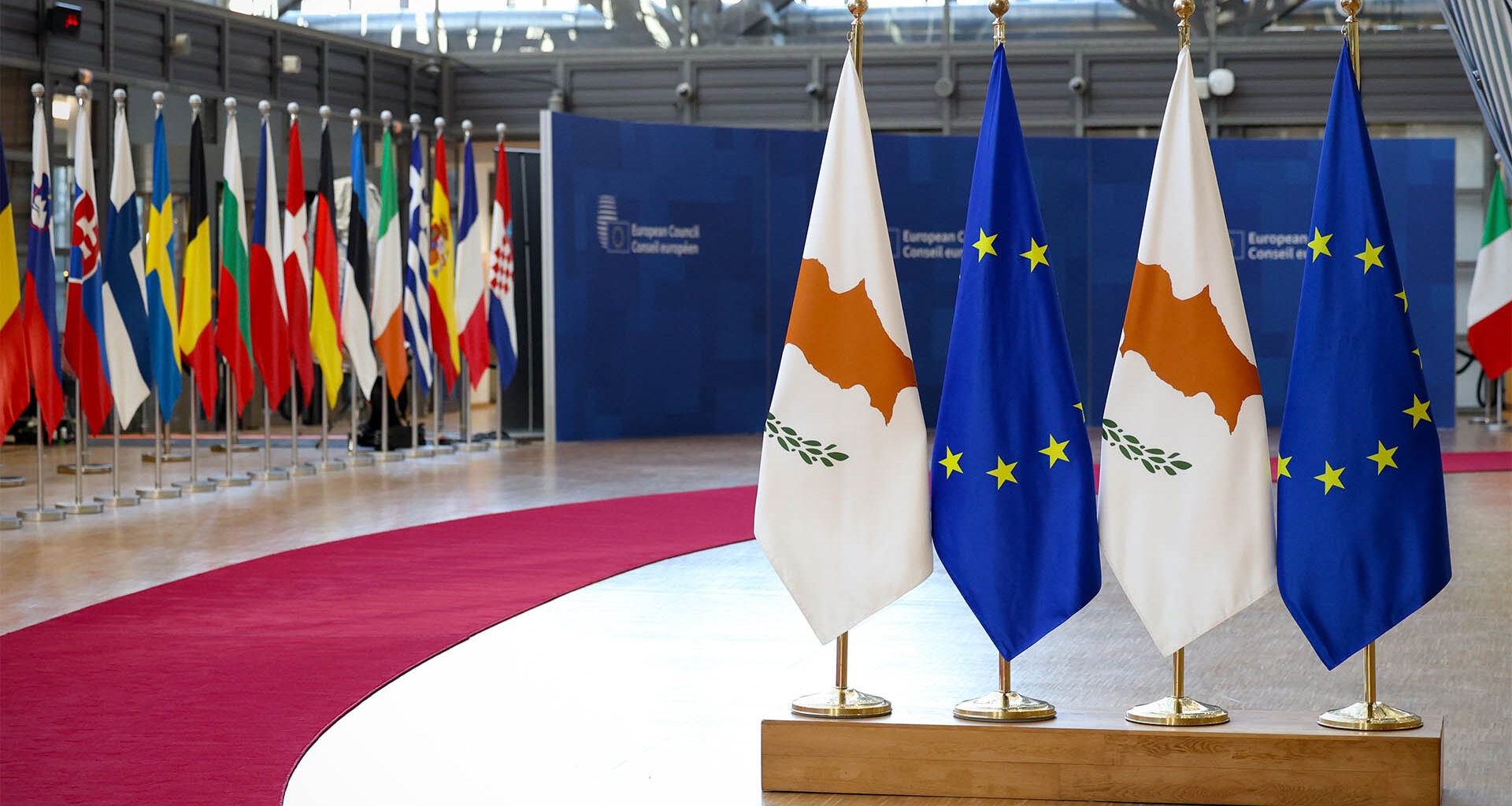Cyprus’ parliament has cleared the way for the creation of a dedicated sanctions implementation unit, a component of long-awaited reforms to the country’s financial system spurred in part by ICIJ’s Cyprus Confidential investigation.
The legislative package passed by lawmakers last Thursday will also bring Cyprus in line with a European Union directive aimed at strengthening sanctions enforcement across member states after the Mediterranean nation missed its May deadline to comply
The Cyprus Ministry of Finance said in a statement that the new sanctions unit would have “enhanced powers” to assist authorities investigating sanctions evasion and would “strengthen awareness and guidance for economic operators in this area.”
Cyprus Confidential, an ICIJ and Paper Trail Media investigation based on 3.6 million leaked documents from Cypriot financial services providers, catalyzed several reforms to Cyprus’ financial system. The investigation exposed how the country’s financial services sector had helped powerful Russians shield their assets as war sanctions loomed following the 2022 invasion of Ukraine.
Less than 24 hours after the investigation was published in November 2023, Cyprus’ President Nikos Christodoulides committed to launching a probe into ICIJ’s findings. He told reporters that the country’s reputation was at risk amid criticism from European lawmakers, including one European Parliament member who labeled Cyprus a “weak link” in the bloc’s financial system. Since then, however, reform has been beset by delays.
The three-pronged legislative package, which also criminalizes sanctions evasion and grants the new unit the ability to impose fines on entities that don’t provide information it requests, effectively replaced a 2016 law that previously governed sanctions enforcement in the country.
Finance Minister Makis Keravnos on Friday applauded the parliament’s decision to pass the set of bills, the Cyprus Mail newspaper reported. In a statement released after the vote, Keravnos thanked the EU, the Council of Europe, the British government and the U.K.’s high commissioner in Cyprus “for their support, through education and technical assistance and training, in the context of the reform.”
The U.K. provided guidance to Cyprus on the creation of the unit beginning in 2023. Prime Minister Keir Starmer later said in a statement that the partnership would focus on “stemming the flow of illicit finance through Europe to starve Putin’s war machine and protect global stability.
The Cyprus Bar Association had pushed back against the legislation during a parliamentary committee hearing in May, in part because the sanctions unit would be permitted to conduct its operations in English, which is not an official language of the Mediterranean island nation.
In response to an ICIJ request for comment, the bar association said it considers the creation of the sanctions unit “a significant and necessary step” in strengthening sanctions enforcement in Cyprus, and that its suggestions had been taken into account and were reflected in the final text of the legislation.
The unit will be the supervisory authority for implementing EU and U.N. sanctions. It will also issue guidance to government agencies within Cyprus, track and freeze assets, and provide whistleblower protections, according to the Cyprus Mail. The unit was initially slated to be implemented by the end of 2024.
Keravnos, the finance minister, said that the new reforms confirmed “Cyprus’ commitment to adhering to the highest international and European standards in the implementation of sanctions.”
